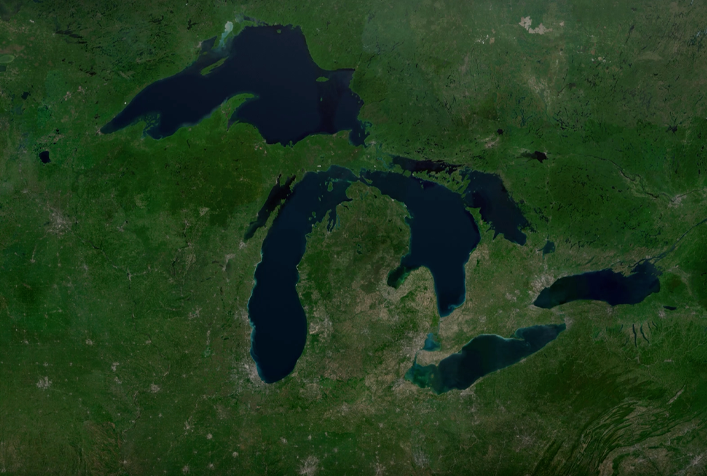Support for Great Lakes Binational Lakewide Management Plans

Project Brief
The Challenge
The U.S. Environmental Protection Agency Great Lakes National Program Office (GLNPO) works with Canada under the Great Lakes Water Quality Agreement (GLWQA) to restore and maintain the chemical, physical, and biological integrity of the Great Lakes Basin Ecosystem. Annex 2 of the GLWQA focuses on lakewide management activities, including development of Lakewide Action and Management Plans (LAMPs) for each of the five Great Lakes and associated annual reports on LAMP implementation progress. The U.S. and Canada also facilitate binational lakewide management partnership meetings and Cooperative Science and Monitoring Initiative (CSMI) reporting workshops for each lake. GLNPO needed strategic communications support to complete these lake management activities under the GLWQA Annex 2, and selected ERG.
ERG's Solution
The development process for LAMP documents and associated LAMP annual reports is a complex and collaborative effort with many stages, requiring input from binational authors and reviewers. ERG’s strategic communication staff helped the Lake Huron LAMP process by updating infographics, addressing binational executive-level feedback, finalizing formatting, and producing a Section 508 compliant final document. For the Lake Ontario LAMP, ERG updated the document template to ensure consistency with the Lake Huron LAMP and provided reference and citation management support. We facilitated the collaborative process to compile binational LAMP implementation stories for each annual report, edited all reports for consistency, formatted approved content in the report template, and created final Section 508-compliant documents.
ERG’s meeting planning and facilitation staff assisted GLNPO in planning, coordinating, and conducting hybrid CSMI binational reporting workshops for Lake Huron and Lake Superior. This support included coordinating and managing the virtual meeting platform, preparing all workshop materials, facilitating live and virtual breakout sessions, and synthesizing workshop content and feedback to aid in lakewide science and monitoring priority setting.
Client
Great Lakes National Program Office, U.S. Environmental Protection Agency